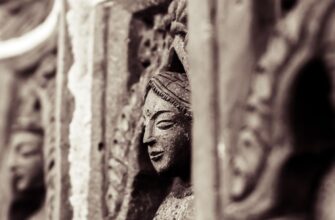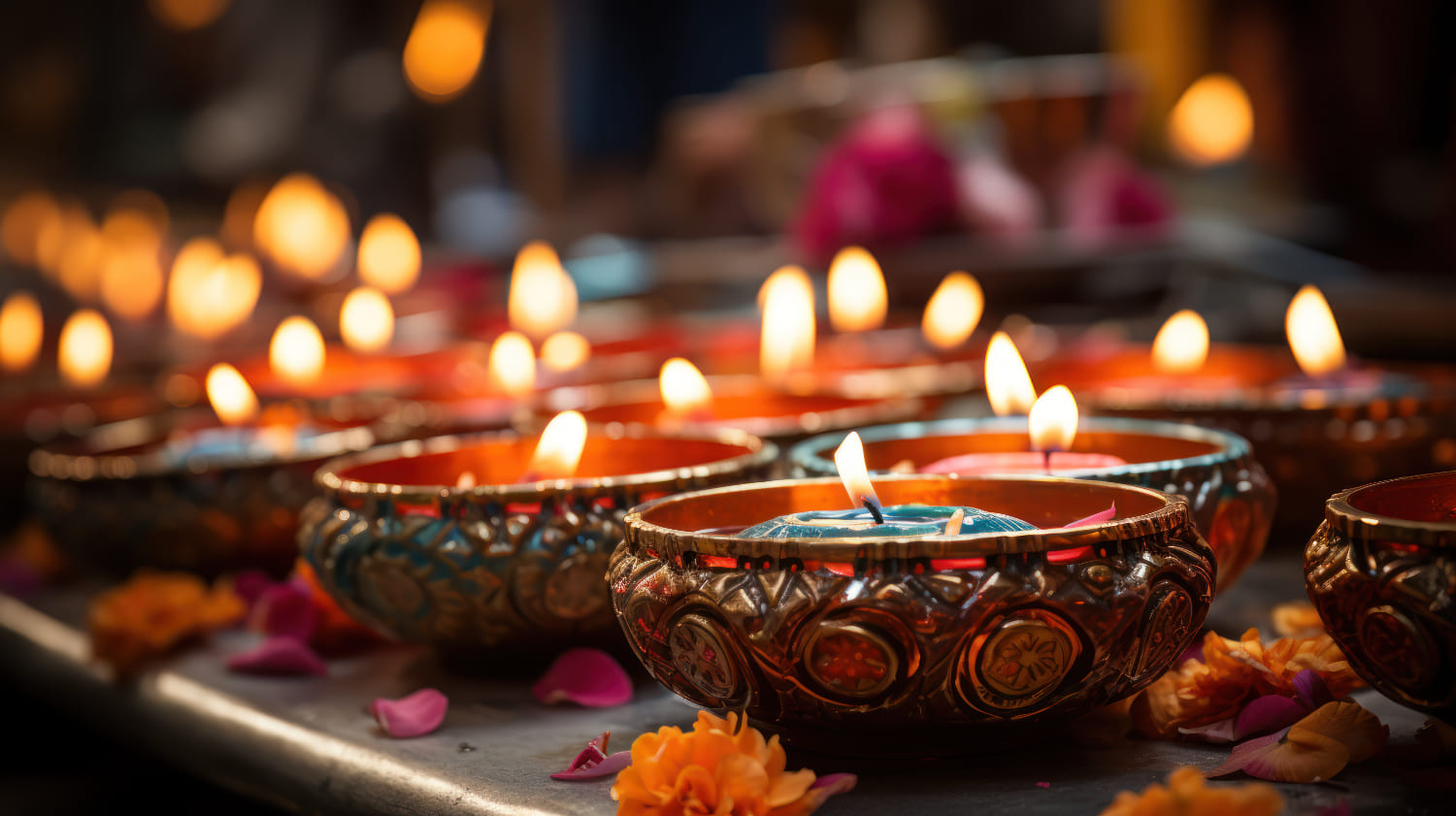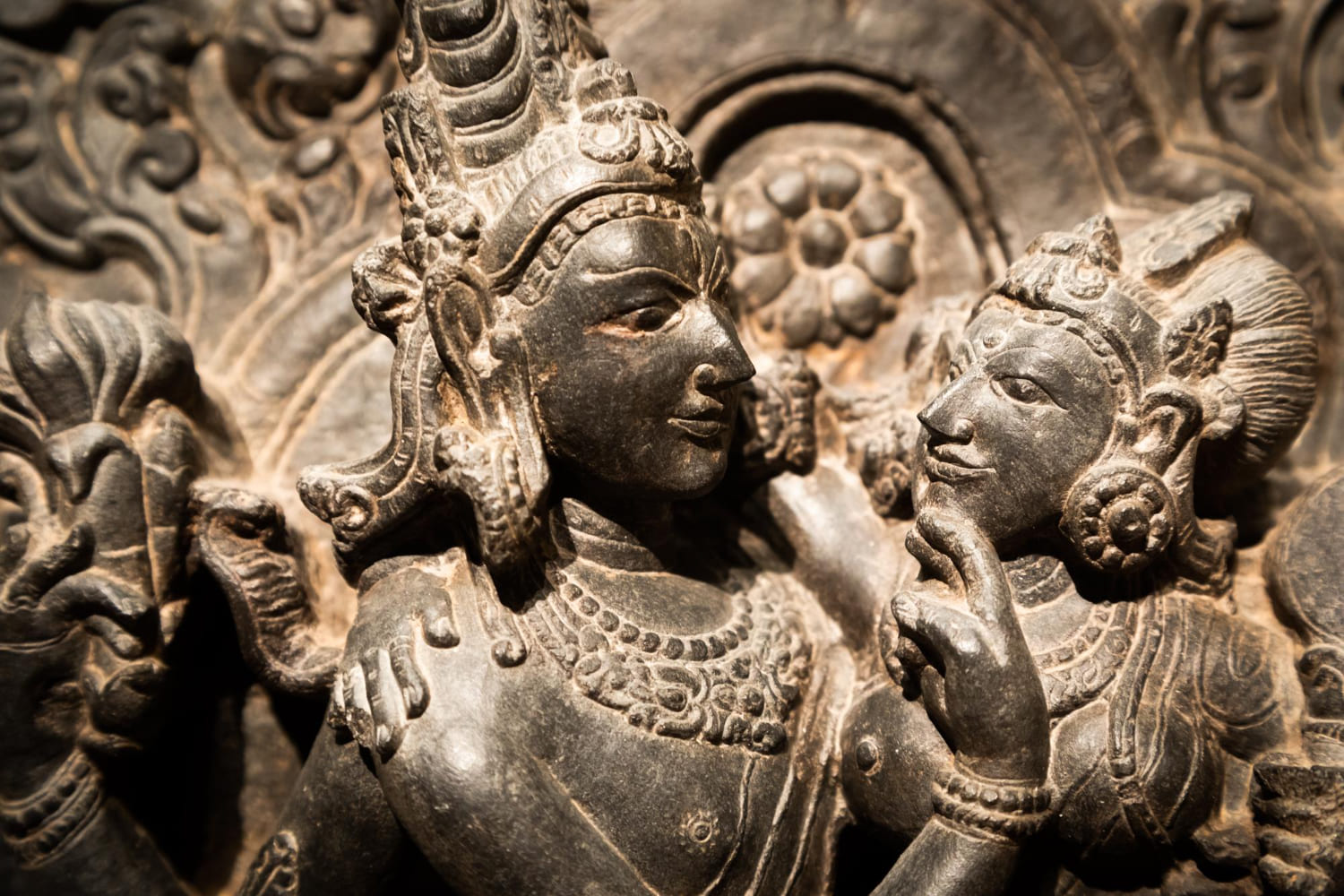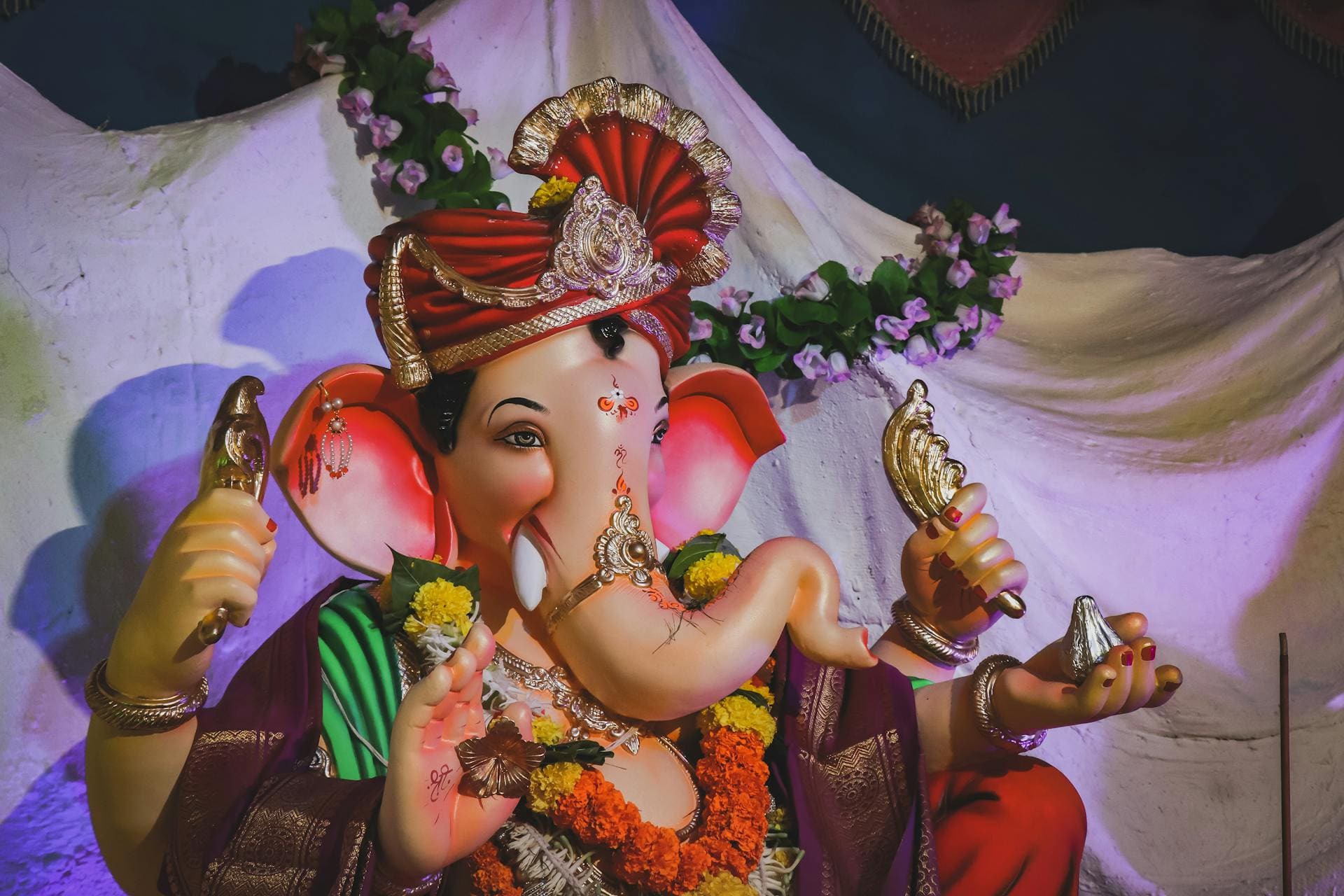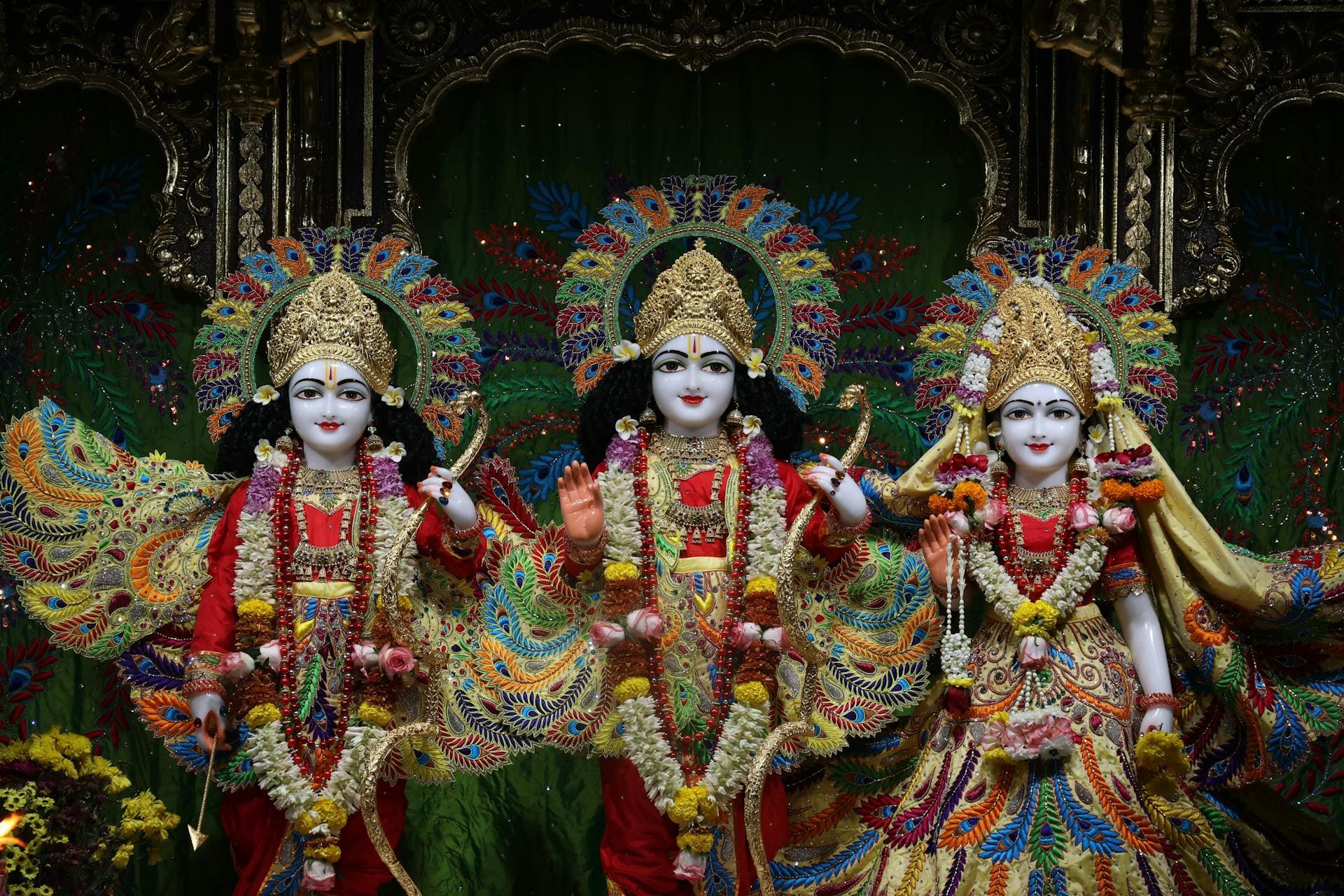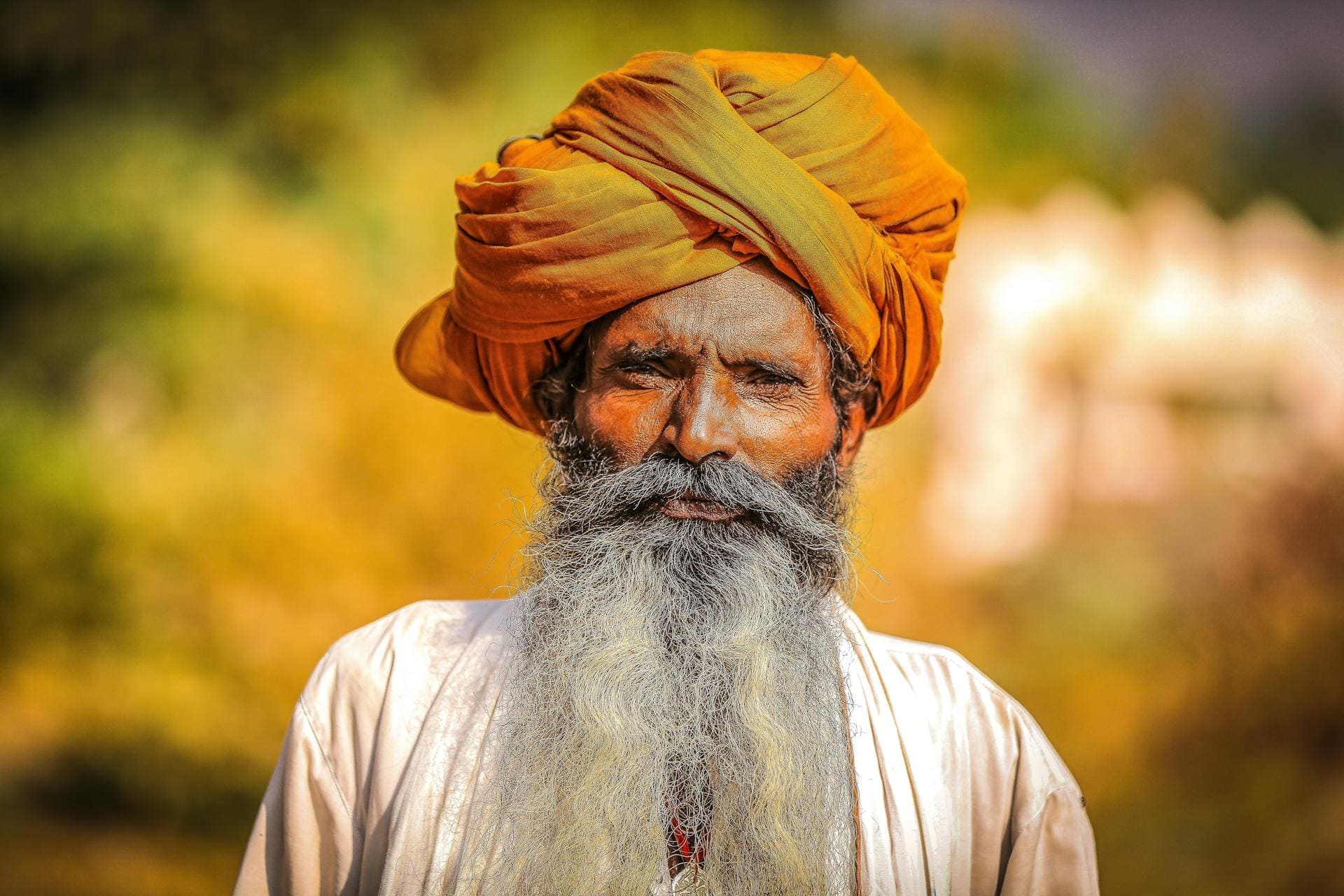Many people who aren’t part of Hinduism think that it prohibits eating pork, but is this true, or is there more to why Hindus restrict pork in their diet?
Hindus are not forbidden from eating pork, but many believe it to be dirty. Thus, eateries are hesitant to include it on their menus.
Let’s discover more about why Hindus limit the pork they eat, whether all Hindus are vegetarian and what kind of foods they can ingest, and some history of pork in India.
Are Hindus Allowed To Eat Pork?
Hindus, who make up around 80% of India’s 1.4 billion inhabitants, are not forbidden from eating pork, but far too many believe it to be dirty.
So eateries are hesitant to include it on their menus. Muslims, around 14.6% of the population, are not allowed to eat pork since it is against their faith.
Despite not being used regularly in Indian cuisine, pork is a favorite in the states of Goa, Karnataka, and Kerala, as well as in Northeastern India, which borders China and Myanmar.
In Coorg, a hilly region of Karnataka state where the Kodava people reside, a pork dish known as pandi curry is prized for its intense flavor and distinctive dark color.
It contains bird’s eye chilies, ground spices, green masala paste, and a dark, dense vinegar made from the garcinia gummi-gutta fruit.
Are All Hindus Vegetarians?
Even though most Hindus in India consume eggs, fish, chicken, and meat, Hinduism does not forbid a non-vegetarian lifestyle, and several Hindus are vegetarians.
According to estimates from the Hindu diaspora, only 10% of Hindus in Suriname and less than 5% of Hindus in Guyana are vegetarians.
Chicken, fish, goats, seafood, and sheep are the most popular meats among Indians who frequently eat meat.
Most indigenous people in coastal southwest and eastern India rely primarily on fish and other shellfish.
Due to budgetary limitations, even meat-eating Hindus in India could only purchase lacto-vegetarian meals on most days. The world’s lowest per capita meat intake is found in India.
Hindus who consume meat frequently distinguish beef from all other meat, and Hinduism highly values respecting cows.
Most of them avoid eating meat from them because they view cows as giving, motherly animals who belong in the family.
During the Gadhimai festival, a small percentage of Nepalese Hindu sects kill buffalo, although they do not regard cows as a comparable source of red meat.
Nevertheless, the Gadhimai Temple Trust prohibited buffalo sacrifice in 2015. Hindu Chams in Vietnam refrain from eating beef as well.
On special occasions like Janmashtami, some Hindus who typically eat non-vegetarian food abstain from doing so.
In Bengal, however, goats are traditionally ritually slaughtered during the Kali Puja celebration in the Hindu month of Kartik (late October to early November in the Gregorian calendar).
The cooked meat is then offered to the god and consumed by the devotees as prasad.
A Brief History of Pork in India
The late food historian K.T. Achaya noted in his book Indian Food: A Historical Companion that there is evidence of Indians consuming pigs in various ancient writings.
A 12th-century manuscript called Manasollasa contains instructions on preparing pig corpses and turning them into sunthakas (roasted pork steaks).
However, once the Muslim Mughal Empire invaded India in the 16th century, a widespread taboo connected with consuming the flesh began to spread throughout Indian society, claims culinary anthropologist Kurush Dalal.
There are many tales of how the British, who exercised direct colonial power from 1858 to 1947, battled to locate chefs who would make bacon for their breakfasts.
Rumors that pork or beef fat was used to grease the ammunition given to Muslim and Hindu soldiers, who would have to put the paper cartridges in their mouths to open them, actually played a role in the Indian Rebellion of 1857, a significant insurrection against the British East India Company, which had governed much of the subcontinent in the decades before the direct crown rule.
But with the growth of online “fan clubs” and cutting-edge production methods, pork is already garnering a bit of a devoted fan base in India.
Modern pig farms are now located in states like Punjab and Haryana, and internet sales of processed pork goods like bacon and ham have expanded.
Final Thoughts
While eating pork is not strictly prohibited, many Hindus, who account for around 80% of India’s 1.4 billion people, consider it unclean.
As a result, restaurants are cautious about offering it on their menus.
